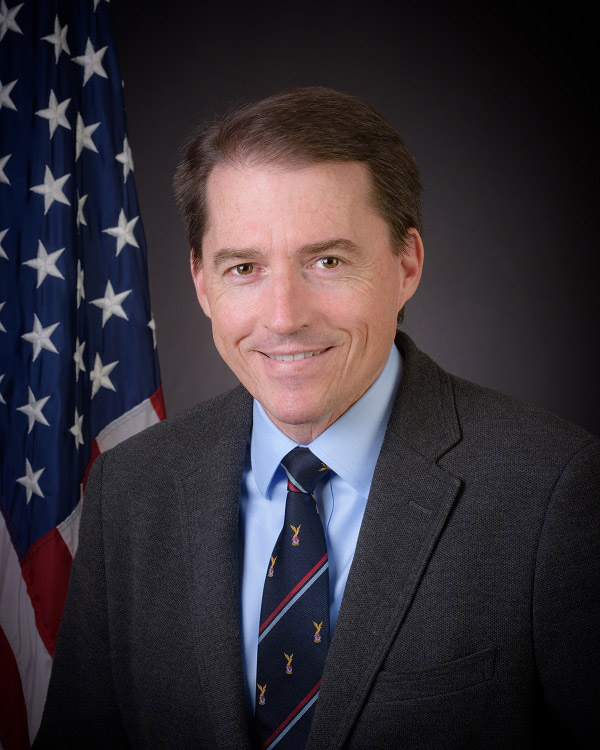Tim Schultz, Ph.D.
Associate Dean Electives

Biography
Tim Schultz joined the NWC faculty in 2012 as an Air Force colonel and became the associate dean of academics in 2014. He previously served as the dean of the U.S. Air Force's School of Advanced Air and Space Studies. Tim's research interests include the transformative role of automation in warfare and the impact of technological change on institutions, society and military strategy. He authored "The Problem with Pilots: How Physicians, Engineers, and Airpower Enthusiasts Redefined Flight" (Johns Hopkins University Press, 2018) and co-edited "Air Power in the Age of Primacy: Air Warfare since the Cold War" (Cambridge University Press, 2021). He spent his aviation career as a U-2 pilot.
Contact Information
Areas of Expertise
- Aerospace
- Air Warfare
- Desert Storm
- Ethics
- Military Technology
- Military Theory
- UAVs/Drones
- WWII
Professional Highlights
Associate Dean of Academics for Electives and Research
Military Professor, Strategy and Policy Department
Commandant and Dean, USAF School of Advanced Air and Space Studies
Commander, 1st Expeditionary Reconnaissance Squadron
Doctoral student, Duke University
Graduate student, USAF School of Advanced Air and Space Studies
Graduate student, USAF Air Command and Staff College
U-2 pilot, Beale Air Force Base, CA
Associate Professor of Biology, USAF Academy
Education
Ph.D., Duke University, 2007, History of Technology
M.A., School of Advanced Air and Space Studies, 2004, Airpower Art and Science
M.A., Air Command and Staff College, 2003, Military Operational Art and Science
M.S., Colorado State University, Fort Collins, 1996, Cellular Biology
B.S., U.S. Air Force Academy, 1988, Biology
Research Contributions and Publications
Material and external links contained herein are made available for the purpose of peer review and discussion and do not necessarily reflect the views of the Naval War College, Department of the Navy or the Department of Defense.
